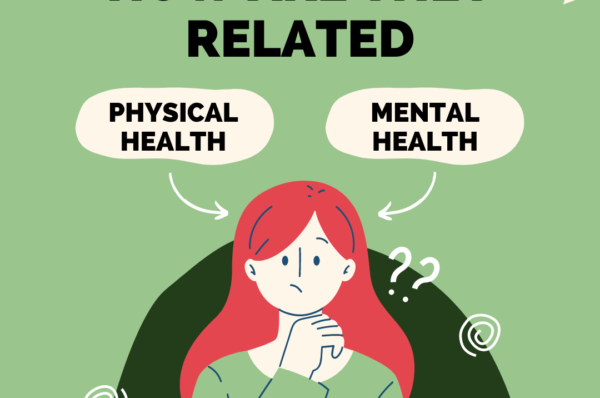77% of people experience stress that affects their physical health
Stress is a common experience in our daily lives, and it is essential to recognize the difference between good stress and bad stress levels.
While good stress can help us achieve our goals and be productive, bad stress can negatively impact our physical and mental health. Therefore, learning how to manage stress effectively is crucial to maintaining a healthy and balanced lifestyle.
Good stress, also known as eustress, is the type of stress that can motivate us to take action and improve our performance. Eustress is often associated with positive life events such as weddings, new jobs, or exciting opportunities. This type of stress can help us stay focused, energized, and productive.
On the other hand, bad stress, also known as distress, is the type of stress that can have a negative impact on our health and well-being. Distress is often associated with overwhelming life events, such as financial problems, relationship issues, or health concerns.
When we experience distress, our body releases cortisol, a stress hormone that can lead to physical and mental health problems if not managed properly.
Stress Levels That Are Good For You
Mild to moderate stress levels can be beneficial for your brain. When we experience mild stress, our brain releases dopamine, a neurotransmitter that can improve our mood, focus, and motivation. In a study conducted by the University of California, Berkeley, researchers found that moderate levels of stress can enhance cognitive function and improve memory retention.
Stress Levels That Are Bad For You
High levels of stress can have a negative impact on our health and well-being. When we experience chronic stress, our body releases cortisol, which can lead to a range of health problems, such as high blood pressure, heart disease, and diabetes. Chronic stress can also lead to mental health problems such as anxiety and depression. Symptoms of high-stress levels may include fatigue, irritability, insomnia, headaches, and digestive problems. If left unmanaged, high-stress levels can lead to burnout, a state of physical, emotional, and mental exhaustion.
Top Tips For Stress Management
There are various effective stress management strategies that individuals can use to manage stress levels. These may include:
- Regular exercise: Physical activity can help reduce stress levels, improve mood, and boost overall health and well-being.
- Meditation and mindfulness: Practicing mindfulness and meditation techniques can help reduce stress levels and improve mental clarity and focus.
- Time management: Planning and prioritizing tasks can help individuals stay organized, reduce stress levels, and increase productivity.
- Relaxation techniques: Engaging in relaxation techniques such as deep breathing, yoga, and massage can help reduce stress levels and promote relaxation.
- Social support: Building a strong support system of friends and family can help individuals cope with stress and reduce feelings of isolation.
“Breathe. Let go. And remind yourself that this very moment is the only one you have for sure.”– Oprah Winfrey


